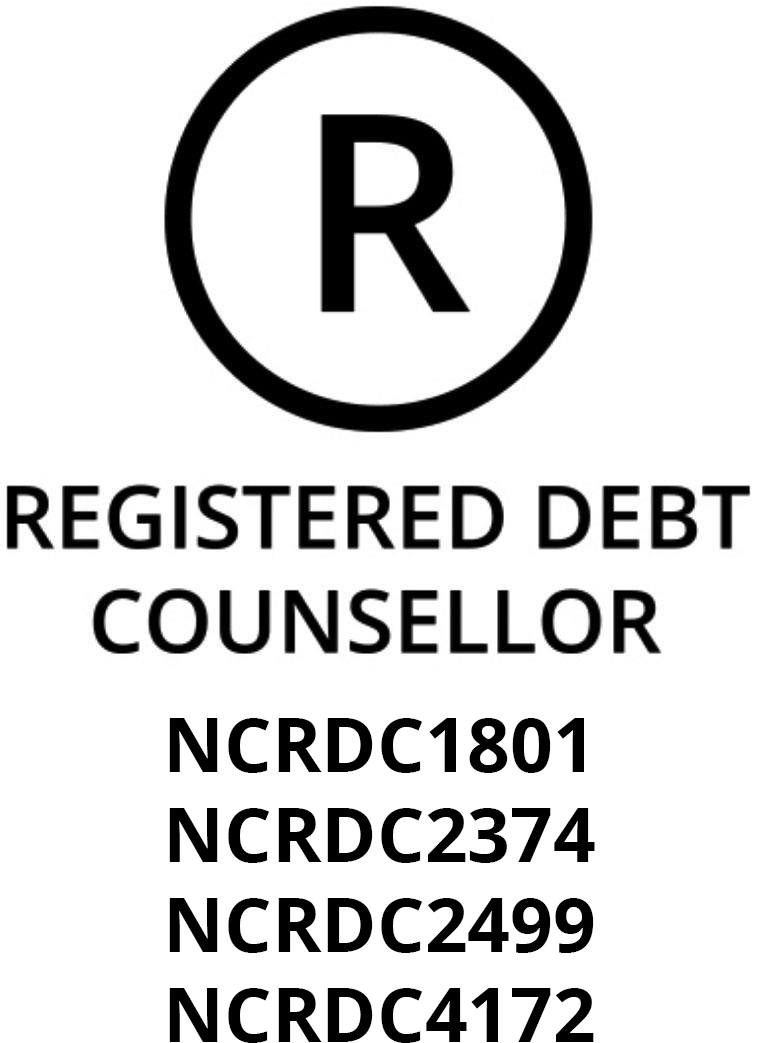Some relief, but many consumers are still reliant on loans to deal with the cost of living
- High-interest loans have become a lifeline for many
- After declining for most of 2024, the debt-to-annual-income ratio is now 112%
- The ratio of income required to service debt is at the highest levels since 2017
Download the full Q2 2025 Debt Index here.
Despite inflationary pressure somewhat subsiding, consumers continue to use loans to make ends meet as the cumulative effect of inflation erodes their income.
According to DebtBusters’ Q2 2025 Debt Index, 95% of people who applied for debt counselling during the quarter had a personal loan. A further 54% had one-month (payday) loans. These one-month loans have become a lifeline for many households, but they are expensive, typically attracting more than 23% interest per annum.
Inflation has eased but remains driven by regulated expenses, such as electricity and municipal rates. Compared with 2016, electricity tariffs have more than doubled and are now 2.65 times higher, the petrol price has increased by 75%, and the compound impact of inflation is now 51%. In major metros, municipal rates continue to rise by double digits every year. This all adds to the financial pressure on South African households.
Interest rate reductions, access to retirement savings via the two-pot system - and, for some government employees, consolidation loans - have provided some relief. While the sustainability of consolidation loans is not yet known, access to retirement funds appears to have become a staple for many, with more than 2.2 million South Africans having accessed the two-pot retirement system for a payout of some amount.
Benay Sager, executive head of DebtBusters, explains that while interest rate reductions are welcome, expensive, high-interest personal loans are placing consumers under very real pressure.
“The average interest rate for unsecured debt is at 23% per annum. While lower than before, this rate is not possible to service for several years at a time.”
Need debt counselling or consolidation?
Explore DebtBusters' solutions for reducing your interest rates and unlocking cash.
Find out moreSager says the compounding effect is clear. The median debt-to-annual-income ratio has increased to 112%, after declining for most of 2024. Further, the share of income required to service debt has increased to 70%, the highest level since 2017.
The Q2 2025 Debt Index found that, compared to the same period in 2016, people who applied for debt counselling:
- Had significantly less purchasing power: Since 2016, nominal income has increased marginally, by 2%, but the cumulative impact of inflation is 51%. This means that today’s pay packet buys 49% less than it did eight years ago.
- Have a high debt-service burden: On average, these consumers need 70% of their take-home pay to service debt. Those earning R35,000 or more a month spend 78% on debt repayment. Debt-to-annual-income ratios for top earners are at or near the highest-ever levels. For people taking home more than R20,000 a month, the ratio is 138%, and for those earning R35,000 or more, it is 185%.
- Have high and increasing level of unsecured debt, if they are top earners: On average, unsecured debt levels have increased substantially and are 33% higher than in 2016. For those taking home R35,000 or more, unsecured debt levels are 79% higher than nine years ago. This is simply unsustainable.
Sager says that debt counselling is a proven and effective way to help financially stressed people. The number of people completing debt counselling has increased 12-fold since 2016. In Q2 2025 alone, consumers who received their clearance certificates repaid more than R770 million to creditors. If used for further lending, this could make a meaningful impact on job creation and economic growth in South Africa.
The fact that more people are taking proactive steps to keep their debt under control is good news, Sager notes. Consumers registering for DebtBusters’ online self-help tools, such as the Debt Radar and the Debt Sustainability Indicator, increased by 6% compared to the same period the previous year, and the subscriber base is now comprised of more than one million users.





